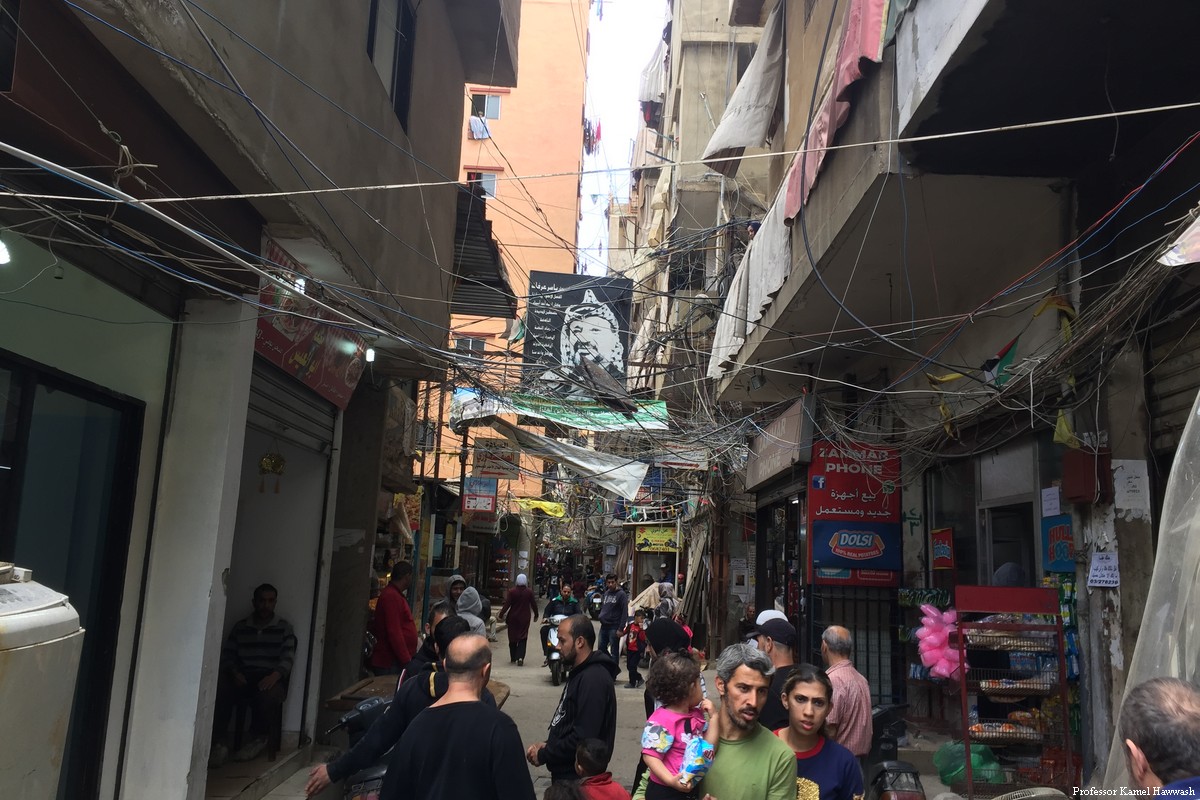With funding from Qatar Fund for Development (QFFD), the representation mission of Qatar Red Crescent Society (QRCS) in Lebanon is pursuing an immediate response to Coronavirus (COVID-19) at the Palestinian refugee camps in Lebanon.
Early in the Coronavirus outbreak, QFFD and QRCS signed a memorandum of understanding (MoU) to work together on meeting the medical needs of many communities, amid risks of overpopulation, especially at the Palestinian communities in Lebanon.
According to progress reports, family food baskets were distributed to 1,000 direct beneficiaries at the Ein El-Hilweh, Mieh ou Mieh, and Sahel gatherings, Sidon, the South Governorate. In addition, there were 3,759 indirect beneficiaries.
The distributions are going on under strict preventive measures to ensure the safety of both the beneficiaries and distributors.
To implement the project, executive agreements were signed with the Lebanese Red Cross and Palestine Red Crescent Society (PRCS).
A rapid assessment was conducted to identify and verify the list of beneficiaries based on certain selection criteria. These include households with five members or above, female-headed households (widowed or separated/divorced), families restricted to members below 14 years or above 59 years of age, and vulnerable families that depend on community assistance.
Concerning the utilization of ambulance vehicles to be secured under the project, a meeting was held between the Lebanese Red Cross and PRCS to agree on the coordination process to transport Palestinian patients from the camps.
There is constant cooperation with local authorities to contain any identified case, in light of the high risks at overpopulated camps, which may lead to a viral spreading wave.
It is worth mentioning that the project to respond to the coronavirus in the Palestinian refugee camps in Lebanon aims to reduce the spread of the disease and reduce the secondary health effects of it, by supporting health facilities to keep up with the requirements of responding to the epidemic while continuing to provide other health services. The project aims to support 10 health centres and a quarantine hospital, in addition to providing 5 ambulances to transport infected cases throughout the project, and educating vulnerable communities to protect themselves through the application of proper hygiene behaviors.
The project also seeks to mitigate the economic effects to contain the disease by distributing basic food aid to a total of 27,800 families in Palestinian refugee camps and communities in the southern regions, Beirut , the North and the Bekaa. An estimated 139,400 direct beneficiaries, mostly children, are directly affected by this project, including 8,430 people with special needs.


